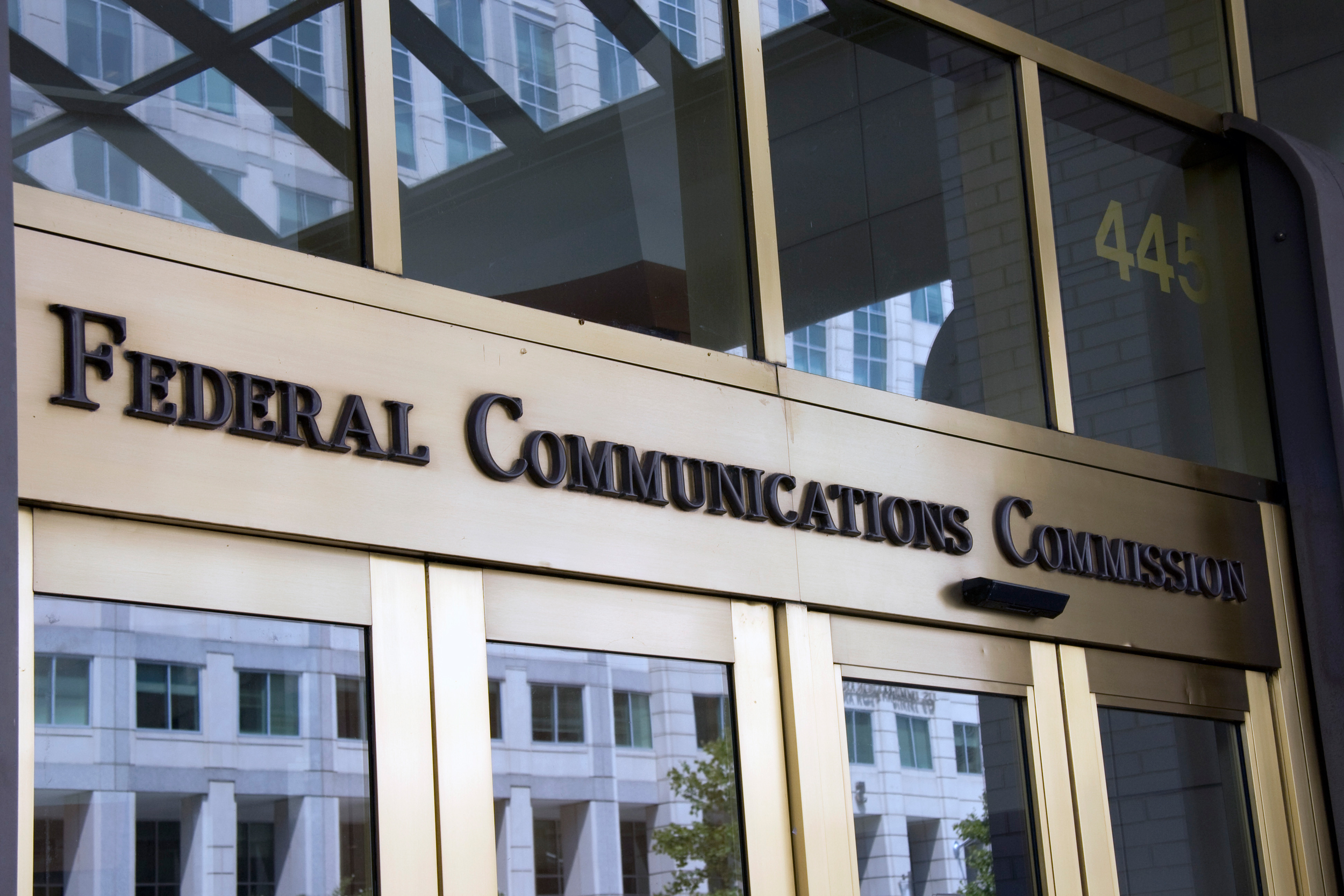FCC: Free Broadcast Spots Won't Count Toward Lowest Unit Rate

The smarter way to stay on top of broadcasting and cable industry. Sign up below
You are now subscribed
Your newsletter sign-up was successful
The FCC has told broadcasters it doesn't have to count free ads toward calculation of the lowest unit rate they are required to charge for political ads, but only if those are not "free spots" tied to an existing commercial contract.
Related: State Associations Call FCC Political Ad Guidance 'Unconscionable'
The National Association of Broadcasters had pointed out to the FCC that during the coronavirus pandemic, when ad buys are being pulled and inventory opening up, that they have provided free ad time to some merchants to fill inventory and generate goodwill. They did so in asking whether they still had to count free spots toward calculating the lowest unit charge, which is the lowest price it charges commercial advertisers.
The FCC's Media Bureau said that given the extraordinary circumstance, broadcasters may exclude such free time they provide to commercial advertisers from the calculation. "We do not believe that broadcasters should be discouraged at this time from airing free advertisements because of the impact that doing so could have on the calculation of their lowest unit changes," said the bureau.
As to whether that would extend to giving out free ads in a non-pandemic situation, the FCC said it anticipated it was only applicable to the current crisis and not necessarily "when more ordinary conditions are restored."
“NAB is so grateful to the FCC for its steadfast support of local broadcasting in this most difficult of times," said the association in aa statement. "Broadcasters are committed to helping Main Street businesses stay afloat during the COVID-19 crisis. With this decision, the Commission ensures that radio and TV stations won’t be penalized in our effort to support local jobs and local commerce. We thank the FCC for its flexibility in this proceeding and others as we work together to get American business back on its feet.”
The smarter way to stay on top of broadcasting and cable industry. Sign up below
Contributing editor John Eggerton has been an editor and/or writer on media regulation, legislation and policy for over four decades, including covering the FCC, FTC, Congress, the major media trade associations, and the federal courts. In addition to Multichannel News and Broadcasting + Cable, his work has appeared in Radio World, TV Technology, TV Fax, This Week in Consumer Electronics, Variety and the Encyclopedia Britannica.

